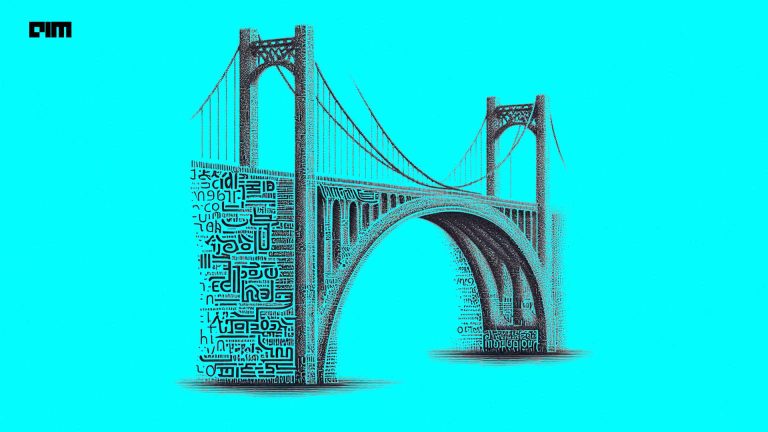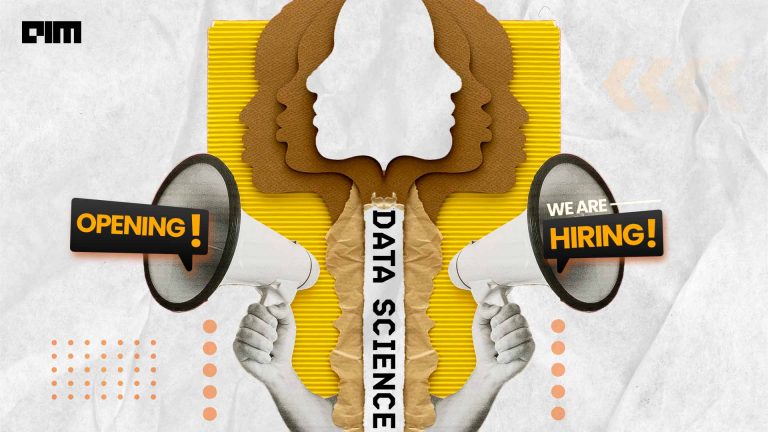|
Listen to this story
|
In the realm of modern data analytics, the ability to seamlessly translate natural language queries into actionable insights has emerged as a transformative capability. This advancement empowers users to interact with complex datasets effortlessly, extracting valuable insights and facilitating informed decision-making. However, the journey towards achieving this feat is rife with challenges, ranging from the complexity of diverse datasets to semantic sensitivity and algorithmic limitations.
Navigating the Complexity of Data
The datasets under scrutiny encompass over 500 variables across 10 distinct datasets, each varying in level of aggregation and granularity. Within this landscape, datasets with identical names may carry different meanings, while others may yield similar solutions from disparate data sources. This complexity underscores the challenge of prioritizing tables for analysis and crafting SQL queries with pinpoint accuracy. Primarily sourced from banking datasets, the information spans customer interactions, acquisition details, performance metrics, and complaint audits, underscoring the multifaceted nature of the analytical endeavor.
Addressing Semantic Sensitivity and LLM Challenges
Large Language Models (LLMs), while powerful, often grapple with semantic nuances inherent in natural language queries. Terms like “acquisition” may entail different contexts, necessitating a nuanced understanding of business and variable semantics. Moreover, variable names may vary, posing challenges in identifying the right context for analysis. To mitigate these challenges, a robust Custom Retrieval-Augmented Generation(RAG) framework has been developed, focusing on identifying the correct business context, variables, and datasets crucial for accurate analysis. This framework leverages a Knowledge Graph to provide deeper insights into variables and datasets, ensuring precise interpretation of user queries.
Refinement with Custom RAG Framework
A pivotal aspect of the framework’s evolution lies in the development and implementation of the Custom RAG Framework. This framework emerges as a robust solution to address the intricate challenges encountered during data analysis, particularly in refining business context, variable identification, and dataset selection.
At the crux of this framework is the imperative to identify and integrate the right business context into the analytical process, since LLMs , lack the required capability to discern the subtle nuances inherent in business terminology. To bridge this gap, the framework leverages advanced algorithms to contextualize queries, ensuring a more accurate and insightful analysis.
Furthermore, the Custom RAG Framework tackles the complexity surrounding variable identification and dataset selection. In a landscape characterized by disparate datasets with varying levels of granularity and relevance, the framework streamlines the process of selecting pertinent variables and datasets. By incorporating a knowledge graph enriched with metadata, synonyms, and variable descriptions, the framework empowers the language model to navigate the intricacies of the data landscape with precision and clarity.
A notable aspect of the Custom RAG Framework lies in its adaptability to diverse use cases and industries. Whether analyzing banking data, financial institutions, or other sectors, the framework’s versatility shines through in its ability to tailor analyses to specific contexts and requirements. This adaptability ensures that the framework remains relevant and effective across a spectrum of analytical scenarios, facilitating informed decision-making and strategic insights.
Moreover, this framework serves as a catalyst for innovation, providing a platform for continuous refinement and enhancement. Through iterative feedback loops and collaborative efforts, the framework evolves to meet evolving user needs and technological advancements. This commitment to innovation underscores the framework’s long-term viability and relevance in an ever-changing analytical landscape.
In essence, the Custom RAG Framework represents a paradigm shift in data analysis, offering a holistic and refined approach to navigating complex datasets and extracting actionable insights. By integrating advanced algorithms, contextual intelligence, and domain expertise, the framework empowers users to unlock the full potential of their data assets, driving informed decision-making and strategic outcomes.
Building the Custom Scoring Algorithm and Flow of Generating SQL Queries
Central to the framework’s efficacy is the development of a custom scoring algorithm tailored to semantic search. As multiple registers failed to deliver desired performance, crafting a scoring algorithm became imperative. The algorithm functions by mining each word of the user query, identifying variables and synonyms, and computing their respective scores. Subsequently, the variables and datasets with the highest scores are selected to form the basis of the final focus for analysis.
This initial step sets the stage for generating SQL queries. The selected variables and datasets are fed into a template, enriching the context and ensuring the language model comprehends the intended analysis. Utilizing a multi-shot prompt approach, the framework guides the language model in crafting the SQL query, thereby streamlining the process of query generation.
Despite the query generation, challenges persist, such as discrepancies in date variable formats across datasets. To address such issues, an error mechanism is incorporated to rectify format inconsistencies and enhance query accuracy. The end-to-end process culminates in the generation of SQL queries within an average timeframe of 15 to 16 seconds, facilitating prompt analysis and decision-making.
Integration with Conversational Interface and Enhancing User Experience
Transitioning from the educated end-to-end framework to a conversational interface marks the next phase of the analytical journey. Preparatory work, including the creation of a knowledge graph and vector stores, sets the stage for seamless interaction with end consumers via the interface.
Upon user query initiation, the framework springs into action, leveraging the enriched knowledge graph to augment prompts and guide SQL query generation. The generated query interfaces with the data warehouse, retrieving relevant datasets and executing the query to generate tabular outputs. This output, also comprising insights, charts, and textual analysis, is relayed back to the conversational interface, empowering end users with actionable insights.
Democratizing Data Analysis and Future Enhancements
The ultimate goal of the framework is to democratize data analysis, enabling users to derive insights without delving into intricate coding processes. Early results indicate significant time savings and enhanced productivity, with insights generated up to three to four times faster and manual work reduced by 60 to 70%.
To further refine the framework, continuous improvement efforts are underway. These include fine-tuning the custom scoring algorithm, expanding metadata to enhance fluidity in query interpretation, and implementing user suggestions to address data integration gaps. By iteratively refining the framework based on user feedback and technological advancements, the aim is to elevate the efficacy and usability of the tool, ultimately empowering users with unparalleled data analysis capabilities.
In conclusion, the custom RAG framework represents a significant advancement in addressing the challenges of analyzing complex datasets. By leveraging custom scoring algorithms and integrating business context into algorithmic analysis, the framework streamlines SQL query generation from English language queries. Its end-to-end flow, from knowledge graph creation to UI presentation, facilitates swift and efficient insight generation. The framework’s emphasis on democratizing insight generation and its potential for further refinement promise to drive data-driven decision-making across sectors.
































